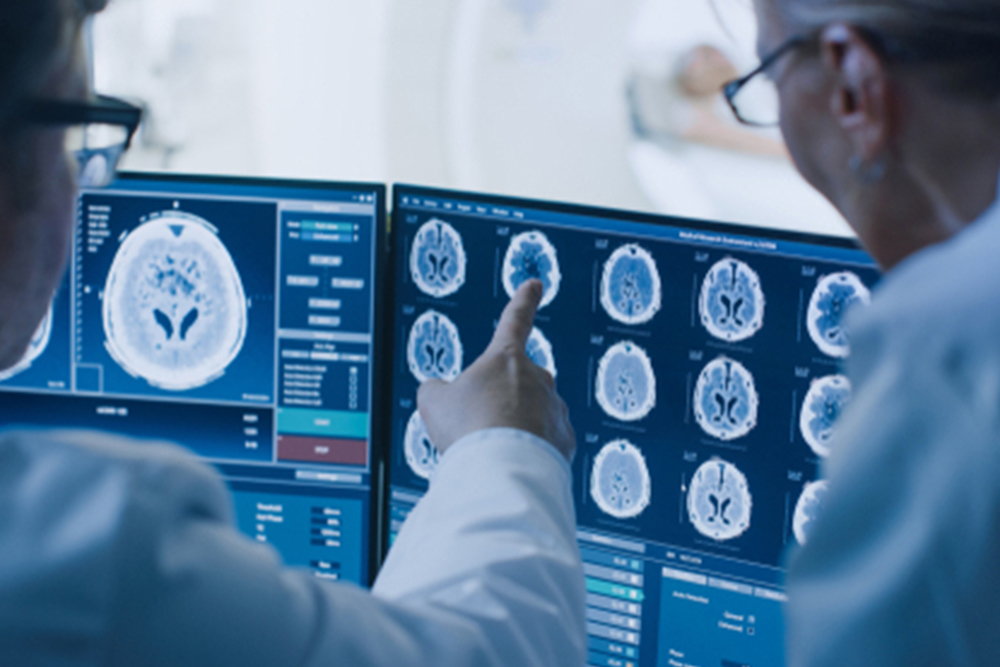Researchers Show Neuroinflammation’s Impact on Alzheimer’s Disease

Researchers of a review address the increasing global burden of Alzheimer’s disease (AD) and the need for more effective therapies, exploring the role of neuroinflammation in AD progression alongside the classical pathological hallmarks of amyloid-beta (Aβ) and tau protein aggregation. The review underlines the involvement of microglia and astrocytes as the primary inflammatory mediators in the central nervous system in AD pathology. The review also suggests that investigating neuroinflammation could help identify new markers for AD progression and therapeutic targets.
Study Shows Advanced MRI’s Key Role in Early Dementia Detection, Covering Various Types

In a recent review, researchers analyzed the critical role of magnetic resonance imaging (MRI) in the early detection and management of dementia, focusing on both neurodegenerative and nondegenerative causes. MRI, especially the advanced 3T MRI, is vital in diagnosing dementia and its stages, including the evaluation of amyloid-related imaging abnormalities and patient selection for novel therapies like aducanumab.
Study Finds Key Genetic Targets for Alzheimer’s Disease Using Mendelian Randomization

Researchers of a study focused on identifying novel therapeutic targets for Alzheimer’s disease (AD) using Mendelian randomization (MR), a method helpful in repurposing licensed drugs and discovering new therapeutic targets. The researchers integrated druggable genes with blood and brain expression quantitative trait loci (eQTLs) to estimate their causal effects on AD. They validated identified genes through repeat studies with different eQTL data sources and explored potential mechanisms by evaluating the causal relationship between established AD markers.
Study Reveals Music Therapy’s Positive Impact on Alzheimer’s Cognitive Functions

Researchers of a study evaluated the impact of music therapy on the cognitive functions of Alzheimer’s disease. The research involved a systematic literature search across various databases, focusing on randomized controlled trials that compared music therapy with standard care or non-musical interventions, specifically assessing cognitive outcomes like memory, language, and attention.

